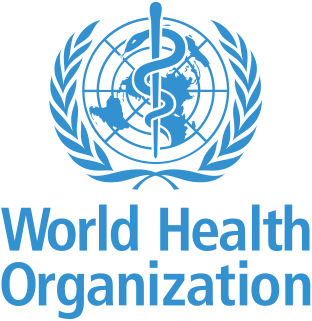World Health Organization (WHO) officially recognizes Noma as a Neglected Tropical Disease (NTD)
Following a recommendation of Strategic and Technical Advisory Group for NTD, WHO recognise Noma as an NTD.
This recognition aims to amplify global awareness, catalyse research, stimulate funding, and boost efforts to control
Noma through multi-sectoral and multi-pronged approaches.

source: Internet
What is the Noma?
Noma (cancrum oris) is a severe gangrenous disease of mouth and face.
Noma, a severe gangrenous disease of the mouth and face, primarily affects malnourished young children (between the ages of 2 and 6 years) in regions of extreme poverty. It starts as an inflammation of the gums, which, if not treated early, spreads quickly to destroy facial tissues and bones. It frequently leads to death, with survivors suffering severe disfigurement.
- It mainly affects children aged 2−6 years old suffering from malnutrition, living in extreme poverty with poor oral health.
- Africa is most affected continent.
Evidence indicates that noma is caused by bacteria found in the mouth. There are multiple risk factors associated with this disease, including poor oral hygiene, malnutrition, weakened immune systems, infections, and extreme poverty. Noma isn’t contagious but tends to strike when the body’s defenses are down.
What is the NTD?
NTDs are a diverse group of 20 conditions that are mainly prevalent in tropical areas, where they affect more than 1 billion people who live in impoverished communities.
- Caused by a variety of pathogens including viruses, bacteria, parasites, fungi and toxins.
- NTDs include: Dengue and chikungunya; Rabies, leishmaniasis; leprosy; lymphatic filariasis etc.
- India has successfully eliminated certain NTDs like guinea worm, trachoma, and yaws.
Initiatives taken by India to tackle NTD’s
- Accelerated Plan for Elimination of Lymphatic filariasis, 2018.
- National Kala-Azar (Visceral leishmaniasis) Elimination Programme.
- National Vector Borne Disease (like Dengue) Control Programme.
Global Initiatives to tackle NTDs
- London Declaration on NTDs.
- Kigali declaration on NTDs adopts targets to eradicate or control NTDs by 2030.
